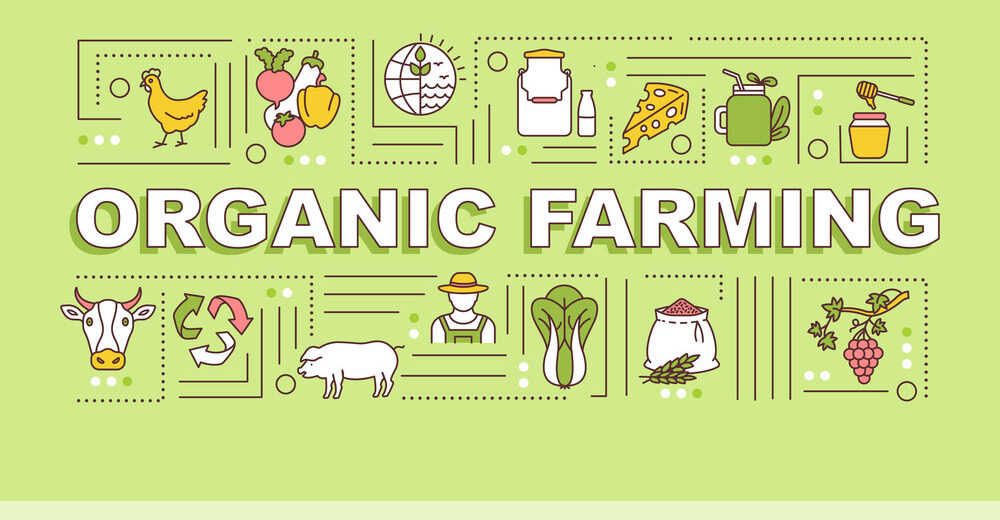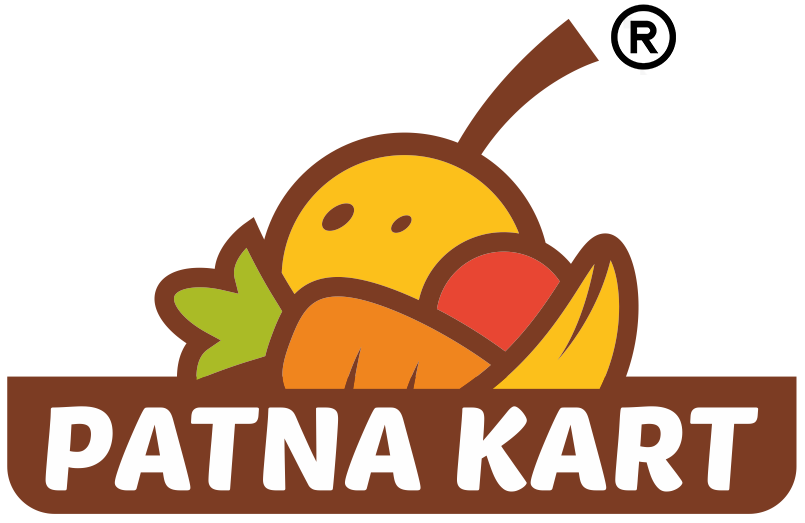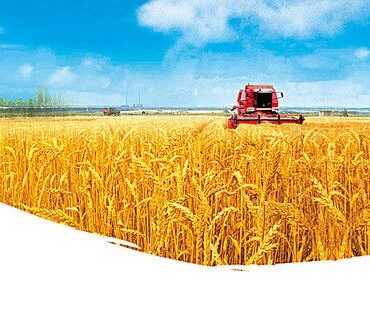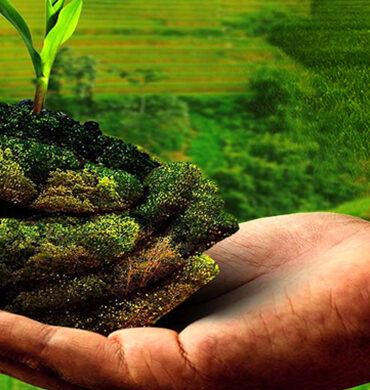
Organic Solutions
Organic solutions represent a fundamental shift in agricultural practices, moving away from synthetic inputs and chemical interventions towards a more holistic and sustainable approach to farming. Rooted in principles of environmental stewardship, soil health, and consumer well-being, organic solutions offer a natural alternative that promotes biodiversity, conserves resources, and supports the health of both people and the planet.
Chemical-Free Farming: Organic solutions prioritize the use of natural inputs and practices, avoiding synthetic pesticides, herbicides, and fertilizers that can harm ecosystems, pollute waterways, and pose risks to human health. By embracing biological pest control, crop rotation, and composting, organic farmers work in harmony with nature to manage pests and enrich soil fertility.
Soil Health: Soil is the foundation of organic agriculture, and organic solutions focus on nurturing soil health through organic matter management, cover cropping, and crop diversification. By fostering soil structure, microbial diversity, and nutrient cycling, organic farmers build resilient and productive soils that support healthy plant growth and ecosystem functioning.
Biodiversity Conservation: Organic solutions promote biodiversity both above and below the ground, creating habitats for beneficial insects, birds, and microorganisms while protecting endangered species and native ecosystems. By preserving natural habitats, incorporating hedgerows and windbreaks, and avoiding monoculture farming, organic farmers enhance ecological resilience and ecosystem services on their farms.
Non-GMO Farming: Organic solutions reject the use of genetically modified organisms (GMOs) in agriculture, opting instead for non-GMO seeds and breeding techniques that preserve genetic diversity and safeguard food sovereignty. By choosing non-GMO varieties adapted to local conditions, organic farmers support seed sovereignty, farmer autonomy, and consumer choice in the food system.
Certification and Transparency: Organic solutions are supported by rigorous certification standards and transparent labeling practices that ensure integrity and trust in organic products. By adhering to organic certification requirements and participating in third-party verification programs, organic farmers demonstrate their commitment to meeting strict organic standards and delivering high-quality, ethically produced food to consumers.
Consumer Health and Safety: Organic solutions prioritize consumer health and safety by providing food that is free from synthetic chemicals, hormones, and antibiotics. By choosing organic products, consumers can enjoy peace of mind knowing that their food has been produced in a manner that promotes environmental sustainability, animal welfare, and human health.
In conclusion, organic solutions offer a pathway towards a more sustainable and resilient food system, one that nourishes both people and the planet. By embracing organic agriculture, we can cultivate healthier soils, diverse ecosystems, and thriving communities, paving the way for a brighter future for generations to come. Join us in embracing organic solutions and nurturing agriculture naturally.
Challenges
When an unknown printer took a galley of type and scrambled it to make a type specimen book. It has survived not only five centuries, but also the leap into electronic typesetting, remaining essentially unchanged.





